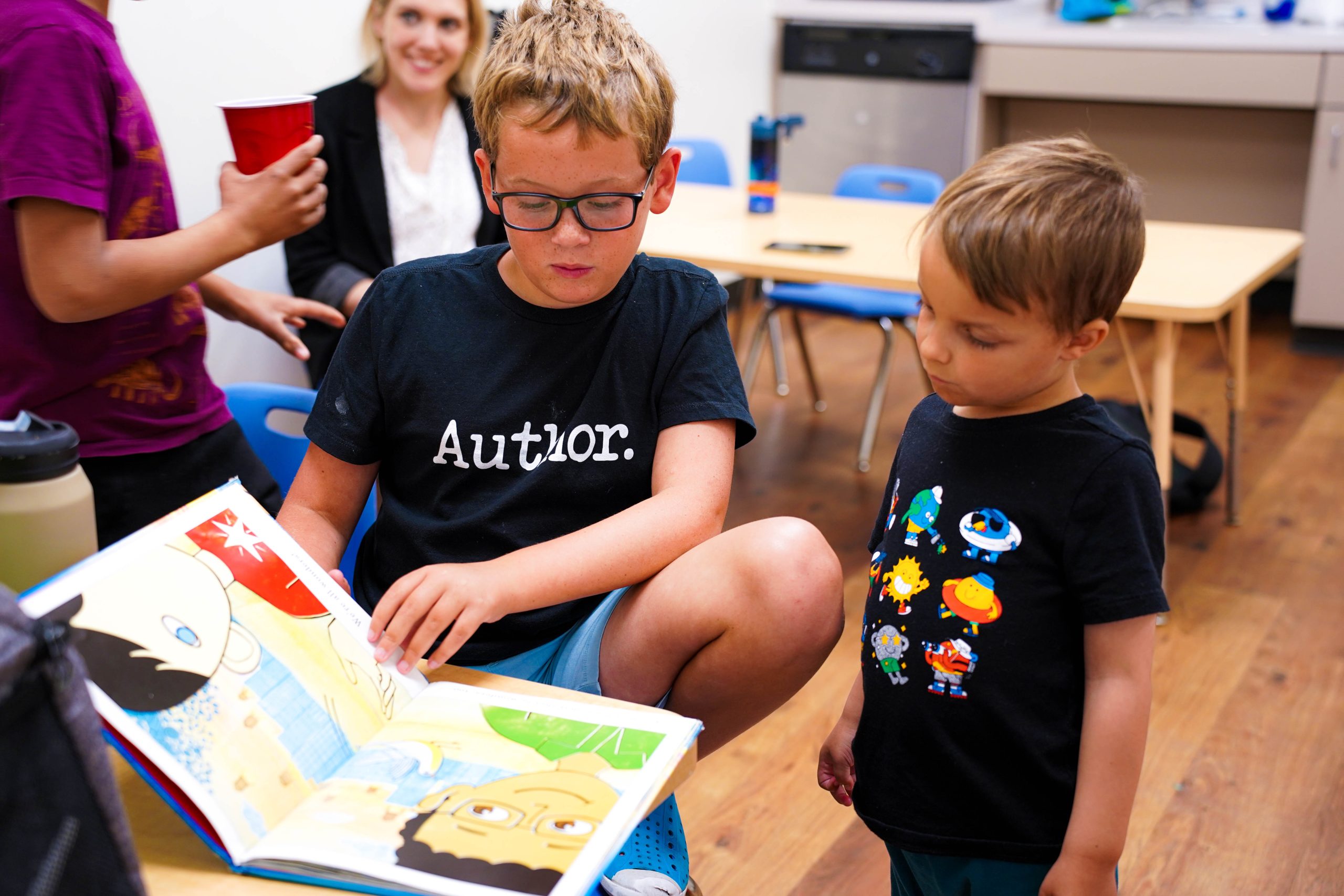Generalization
The generalization concept of ABA involves children using what they learn during ABA therapy sessions in various settings and situations. The skills are durable and applicable enough to use in different ways and may address multiple behaviors. When children with autism learn to generalize their behaviors and skills, their ABA therapist runs them through various simulations to see how their new skills can help them when interacting with diverse and multiple people, in different settings and during specific times.
Understanding the generalization of ABA helps children with autism become more successful in their daily lives.








